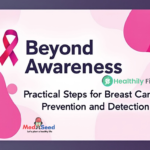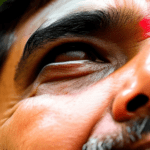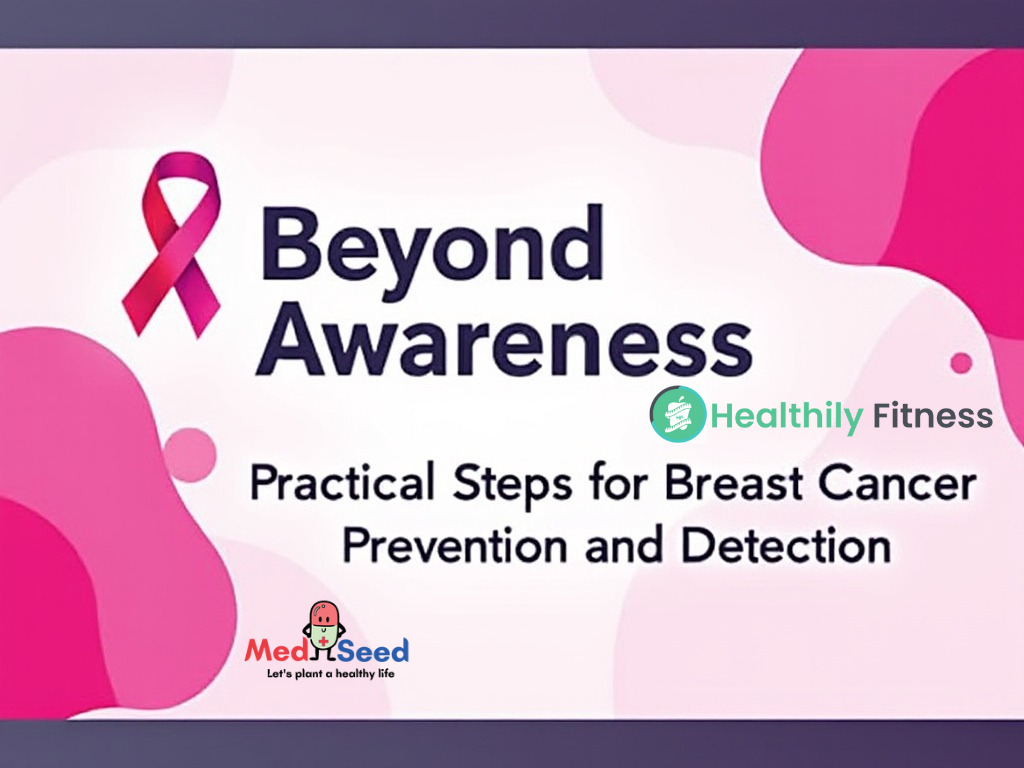A Doctor’s Perspective: Breast Cancer Prevention and Early Detection
As a doctor, I’ve seen firsthand the devastating impact of breast cancer on patients and their families. It’s a disease that affects millions of women worldwide, but with early detection and prevention strategies, we can significantly improve outcomes.
Risk Factors
While anyone can develop breast cancer, certain factors may increase your risk. These include:
- Age: The risk increases with age, but it’s important to remember that anyone can be affected, regardless of age.
- Family history: Having a close relative with breast cancer can elevate your risk. I’ve seen countless patients who have been deeply impacted by their family’s experiences with this disease.
- Genetics: Certain genetic mutations, such as BRCA1 and BRCA2, can significantly increase your risk. If you have a family history of breast cancer, it’s important to discuss your risk with your doctor and consider genetic testing.
- Hormone exposure: Hormonal factors like early menarche, late menopause, and hormone replacement therapy can influence your risk.
- Lifestyle factors: Obesity, excessive alcohol consumption, and lack of physical activity can also contribute to the risk.
Prevention Strategies
While there is no guaranteed way to prevent breast cancer, adopting healthy lifestyle habits can significantly reduce your risk. These strategies include:
- Maintaining a healthy weight: I often tell my patients that even a small weight loss can make a big difference.
- Regular physical activity: Exercise is not only good for your physical health but also for your mental well-being.
- Limiting alcohol consumption: Moderation is key when it comes to alcohol consumption.
- Breastfeeding: Breastfeeding may offer some protection against breast cancer.
- Know your family history: If you have a family history of breast cancer, discuss your risk with your doctor and consider genetic testing if appropriate.
Early Detection
Early detection is key to improving outcomes for breast cancer. Regular screenings can help identify the disease in its early stages, when treatment is often more effective.
- Clinical breast exam: Regular physical exams by your healthcare provider can help detect any changes in your breasts.
- Mammograms: Mammograms are X-rays of the breast that can detect abnormalities. The recommended screening schedule varies based on individual risk factors and age.
- Self-exams: While not a substitute for professional screenings, performing regular breast self-exams can help you become familiar with your breasts and notice any changes.
Conclusion
Breast cancer is a serious health concern, but with early detection and prevention strategies, you can significantly reduce your risk and improve your chances of a positive outcome. By adopting healthy lifestyle habits, staying informed, and following recommended screening guidelines, you can take proactive steps to protect your breast health.
Author Profile

- Dr. Manish jainMBBS
Latest entries
 InformationJanuary 7, 2025HMPV Outbreak in India: What You Need to Know
InformationJanuary 7, 2025HMPV Outbreak in India: What You Need to Know GeneralOctober 25, 2024Shattering Stereotypes: Male Breast Cancer
GeneralOctober 25, 2024Shattering Stereotypes: Male Breast Cancer GeneralOctober 25, 2024Beyond Awareness: Practical Steps for Breast Cancer Prevention and Detection
GeneralOctober 25, 2024Beyond Awareness: Practical Steps for Breast Cancer Prevention and Detection GeneralJuly 25, 2023How to Protect Your Eyes from Eye Infections During the Monsoon Season
GeneralJuly 25, 2023How to Protect Your Eyes from Eye Infections During the Monsoon Season

